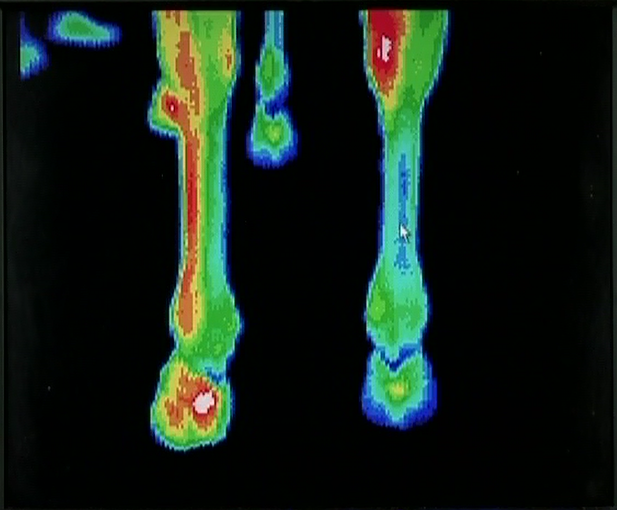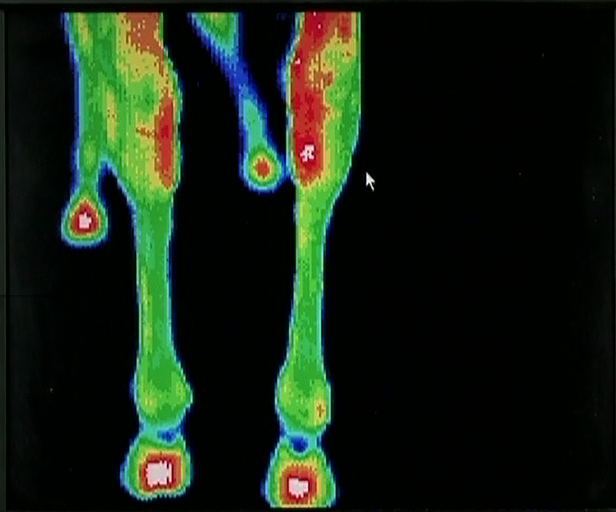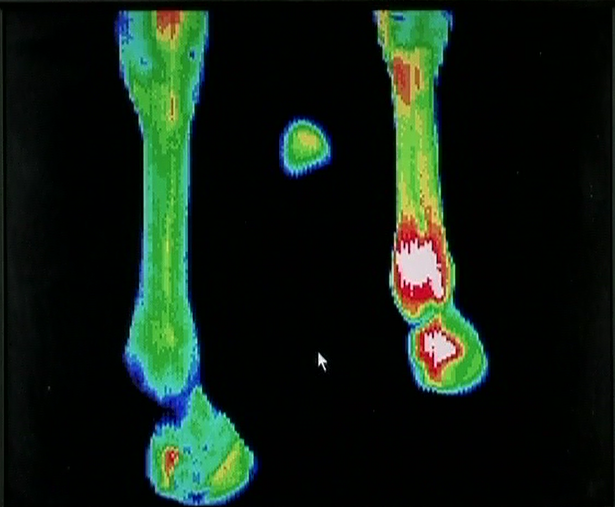Visualizing your horse from within is a simple as snapping a picture.
Choose Digital Infrared Thermal Imaging to assess your horse's wellness.
Screening Equipment
| |
What is Thermography?
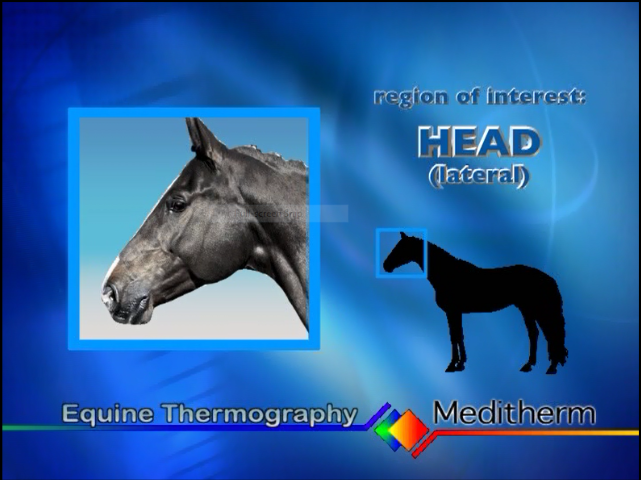 | 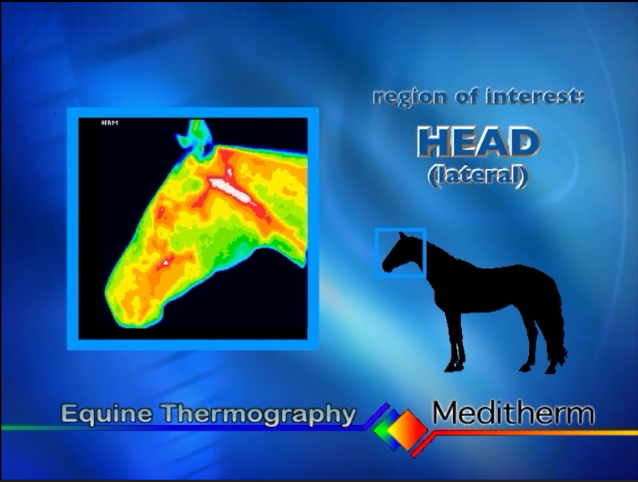 | |
| Typical Before and After Thermogram Screening | ||
Digital Infrared Thermal Imaging (DITI)
DITI is a noninvasive diagnostic technique that allows the examiner to visualize and quantify changes in skin surface temperature. An infrared scanning device is used to convert infrared radiation emitted from the skin surface into electrical impulses that are visualized in color on a monitor.
| 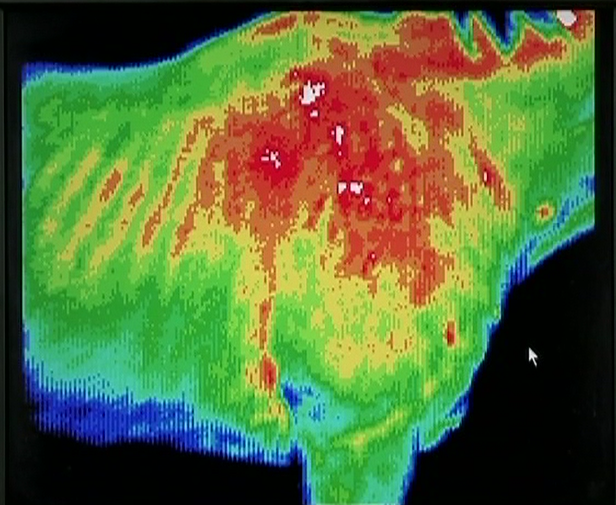 | |||
| Typical Thermogram of a Common Shoulder Injury | Thermogram of a Deep Shoulder Injury | |||
The visual image graphically maps the body temperature and is referred to as a thermogram. The spectrum of colors indicates an increase or decrease in the amount of infrared radiation being emitted from the body's surface. Since there is a high degree of thermal symmetry in the normal body, subtle abnormal temperature asymmetry's can be easily identified.
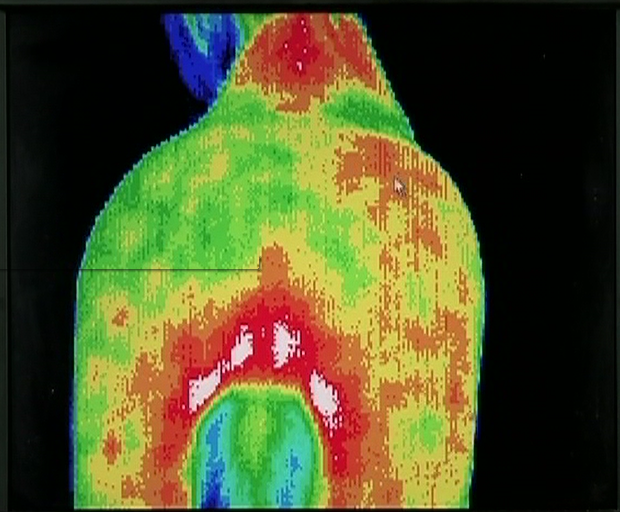
Asymmetry of Right Side Gluteals
Benefits of Equine Thermography
| Pre Sale and Purchase Exams done with DITI can detect potential issues that would not be detected solely by physical exams or radiographs. Potential issues may include subtle or sub-clinical inflammation, infection, joint dysfunction, musculoskeletal issues, nerve injuries, and injection sites. | 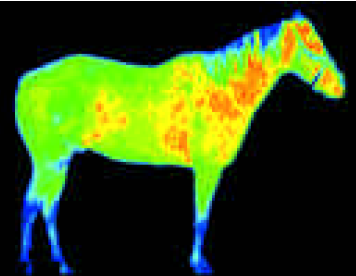 | |
| DITI, as an Early Detection Tool, is globally recognized as a tool used to indentify musculokeletal and neurological injuries that could result in unexplained lameness, before they develop into serious chronic issues. Accurate and early diagnosis of these injuries allow for more treatment options and timely recovery. | Chronic Right Medial Hock Injury Acute Right Medial Hock Injury | |
| Rehabilitation Monitoring with routine screenings are used after an injury to accurately measure your horse's response to prescribed treatments. This limits the guess work involved in determining if/when your horse can safely return to work or competition. | OverReach Injury Compared to other Fetlock | |
| Regular Saddle Fit Evaluations are crucial for ensuring the accuracy of your saddle fit. DITI detects developing back issues that can stem from the rider's postion, the maturation and age of your horse, and muscle development in the training and working horse. | 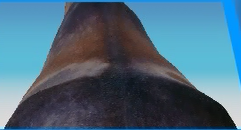 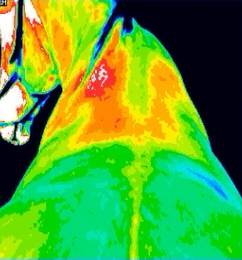 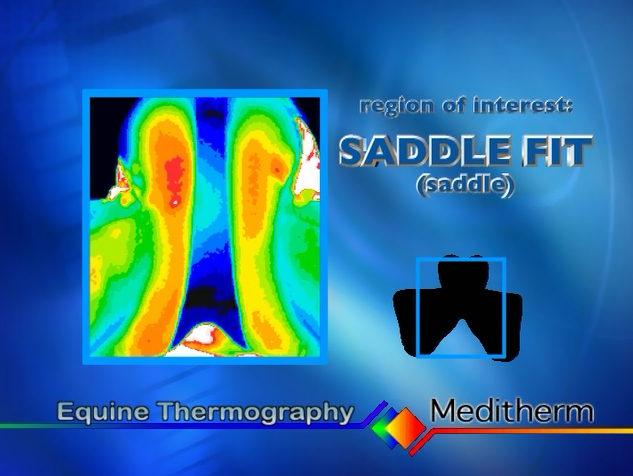 |
Location? we come to you! Screenings are conducted in the horse's home ….

